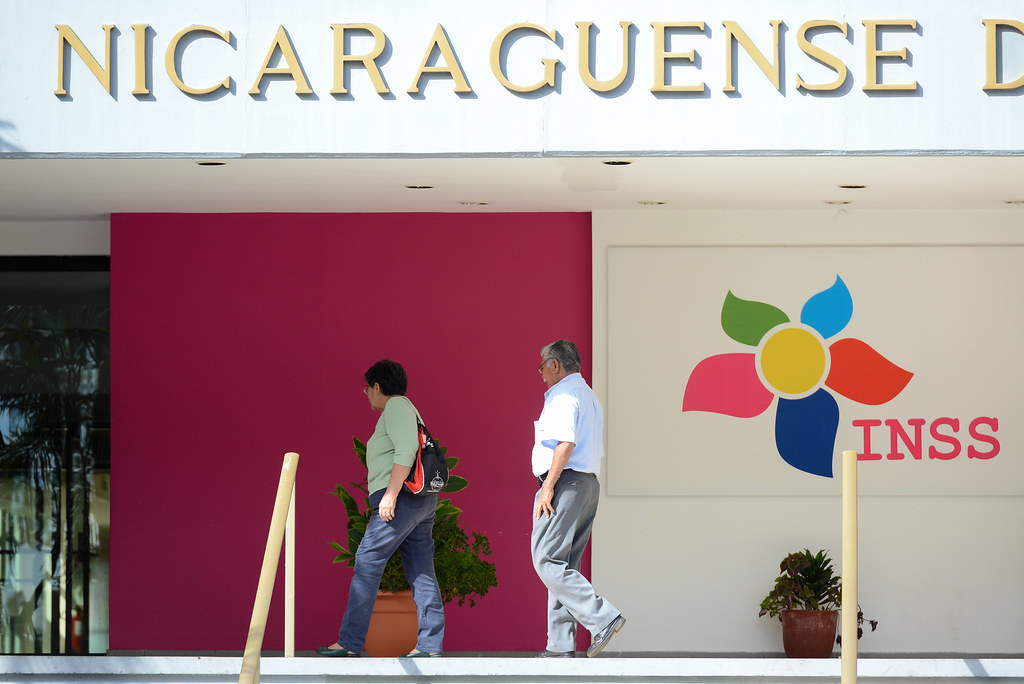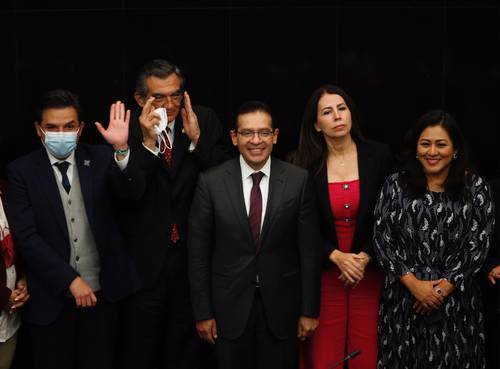Of the fourteen days that “Javier” was ill with symptoms of covid-19, the Nicaraguan Social Security Institute (INSS) only recognized him for five days of subsidy. Almost a month after the layoff was extended, the public entity has not notified the employer.
His case is one of the consequences of the decision made by the INSS in May 2020, by prohibiting the delivery of physical subsidy tickets when it comes to patients suspected of having covid-19 -according to several affected parties-, leaving the worker without support to justify their absence from work.
“Javier” is concerned that the INSS has not yet notified his subsidy because, although his direct boss is aware of the health situation he faced, the Human Resources area located in another country because the company is regional, requires him to a document proving your days outside of working hours. Not knowing what else to do, he called the INSS to inquire about his case, but the only thing they answered is that “they were saturated”, but that they would inform his company.
An expert on social security issues explained that the worker is effectively left in a “disadvantageous situation” because he has “no support” on his rest, and neither does the employer. He even knows situations of companies that have up to two months without receiving the subsidy notification from collaborators who were on leave due to suspicion of contagion of coronavirus. When it comes to subsidies due to other diseases, the person does receive the ballot at the time, explained the source who requested to omit his identity for fear of reprisals from the Ortega regime.
Nicaragua recently experienced an outbreak of COVID-19 infections that exceeded the first wave and generated record numbers. During two weeks in September, more than a hundred positive cases were detected daily, the Ministry of Health reported, while the Citizen Observatory of COVID-19 estimated 1,387 deaths from the virus at the end of that month.
In this context, the subsidies provided to workers for suspected symptoms of coronavirus soared. Various sources from private companies confirmed CONFIDENTIAL, under anonymity, that dozens of collaborators were at rest due to suspected SARS-CoV-2 infection and that one of the inconveniences they faced was the late notification of subsidies by the INSS.
A source from a company in Managua assured that, currently, the INSS calls to provide inputs on the worker and notify their absence, they inform the insured’s number and the rest period. However, when asked by the employer about the ballot number, officials say it will be issued later and they will be delivered electronically.
“They have been reporting to us – currently – subsidies from August, September,” commented the source, while adding that they are aware that the volume of cases has been significant, but it is a fact that logistics is “very deficient ”, Because the idle notifications are arriving quite late; there are cases with a period of a month and a half after the date that the employee’s leave was extended.
“Some people who call us – the Human Resources office – have told us directly that they are not from the subsidy area – the INSS – that they are from other areas supporting,” the source confided.
“Respiratory infection” instead of a suspected case of covid-19
In addition to the lack of protection in which the worker is left, by not having a subsidy ticket that proves to his employer that he cannot work because it is a probable case of covid-19, the circular published by the INSS in May 2020 indicated that in the diagnoses of patients with suspected disease, “pharyngitis, otitis, laryngitis, bronchitis, pneumonia, or any respiratory process will be indicated. They should not include ‘suspect of covid-19’, however, if it is a suspect, this information may be reflected in the file…. The quarantine subsidy does not exist ”, he pointed out.
The source of the private company confirms that this provision continues in force. In most cases, the subsidies they have received do not say “suspected case” of covid-19, but rather “upper respiratory tract infection (URI)”, which shows a “way to control the diagnosis” and avoid having tests on the “shooting” of cases that occurred, he considered.
A medical source confirmed that it is reported as an “upper respiratory infection”, unless a swab is done and the result is positive. Another of the diagnoses used to refer to a suspected case of covid-19 is “atypical pneumonia.”
Hiding the reality about the pandemic in the country is not possible, says the social security specialist. Rather, the authorities should bet on recognizing the impact of covid-19, as other nations have done, like a disease that can be acquired in the exercise of the occupation, as it happens with health workers.
The policy of concealing the real numbers of infections, deaths, number of tests to identify covid-19 cases, has been part of the management of the pandemic implemented by the Ministry of Health (Minsa) since the first case was known, which It has been highly questioned by independent doctors, health organizations and local and international human rights.








